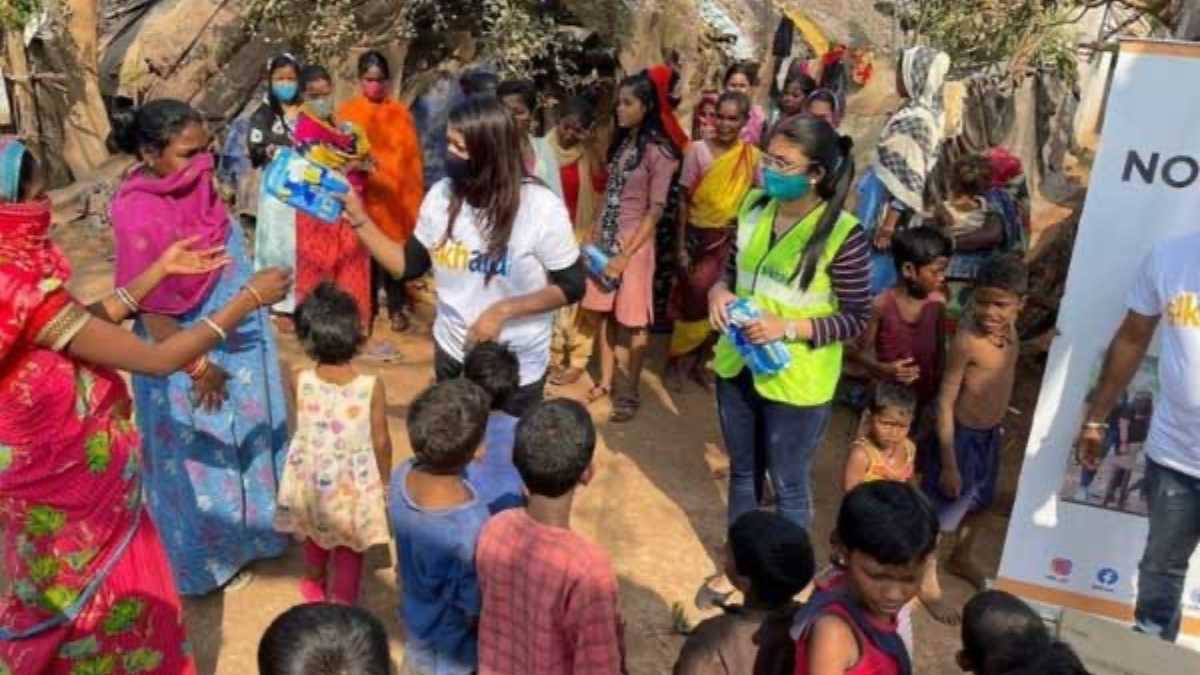SANITARY napkins are part and parcel of womanhood. And when it comes to this delicate matter, hygiene is of utmost importance.
But for the poor like Reka Subranasan, who can barely stretch the household income to put food on the table, the sanitary napkins seen as a basic necessity to most women, take a back seat.
For Reka, regular pad changes are a luxury, especially in these current times.
Her husband, Pathmanathan Krishnan, 40, is the sole breadwinner of the family and works as a security guard at a bank.
Due to the movement control order (MCO), Reka said revised banking hours meant that he only needed to go in on alternate days and was no longer able to earn extra from overtime.
Where Pathmanathan used to be able to earn ₹3000 a month, he is now bringing home less than half. His last pay was only ₹1400
The priority now is making sure there is milk for the baby and food for our children,” said Reka.
Sikh Aid has reached out to rural areas of Odisha and Pune under project ‘ No Spot ‘.
Satbir singh unservProject No Spot have distributed 1’00’000 packs of disposable sanitary pads to women at nine people’s housing projects in Odisha and Pune.
Pack of disposable sanitary pads only ₹70 for a pack of five may not sound much to those who can afford it.
“For zero-income women who are struggling to buy a bag of rice, those pads are a luxury, especially when there are two to three women in a family.
Sikh Aid has adopted almost 13 villages where they provide sanitary napkins every month, Said Satbir Singh Managing Trustee of Sikh Aid
The mission for this project is giving them the opportunity to manage their periods in a safe and hygienic way.
With people’s support, Satbir Singh and his team Sikh Aid has been able to constantly provide hygiene kits and sanitary napkins to women across all parts of India.



